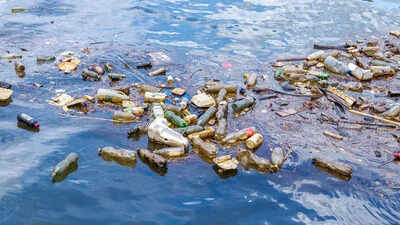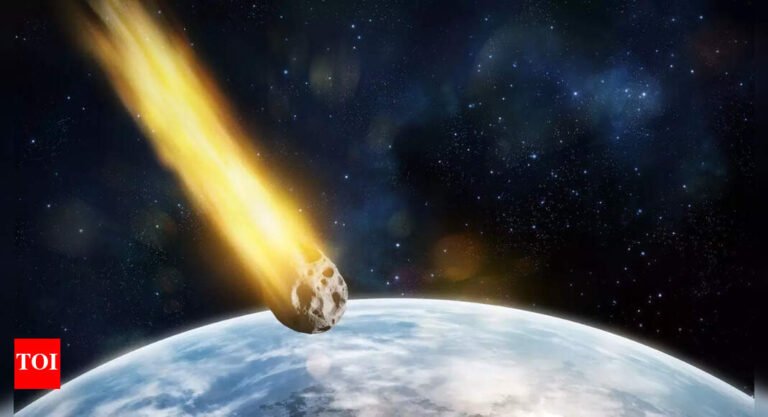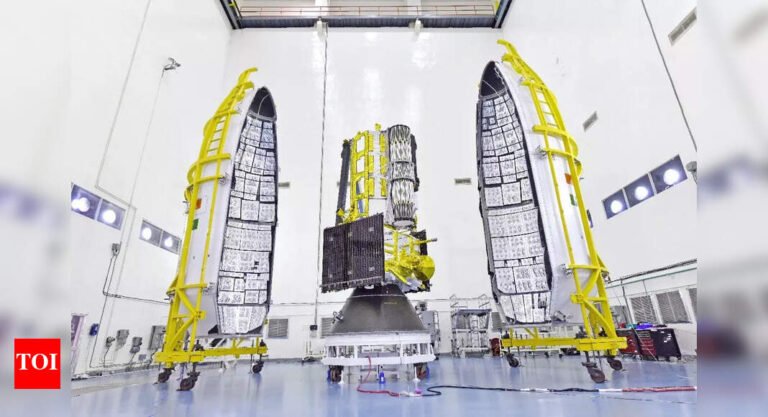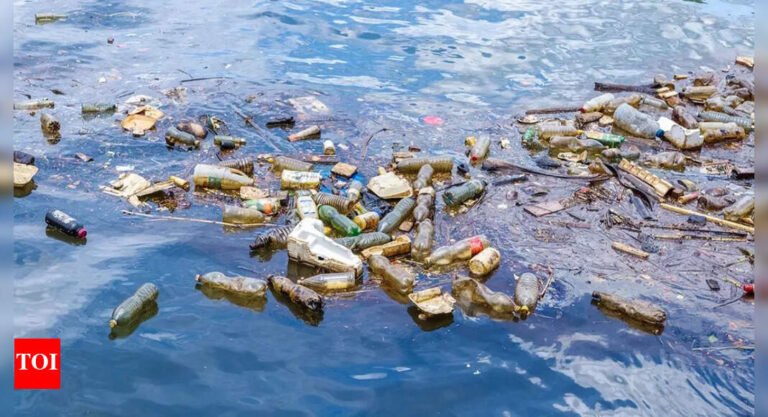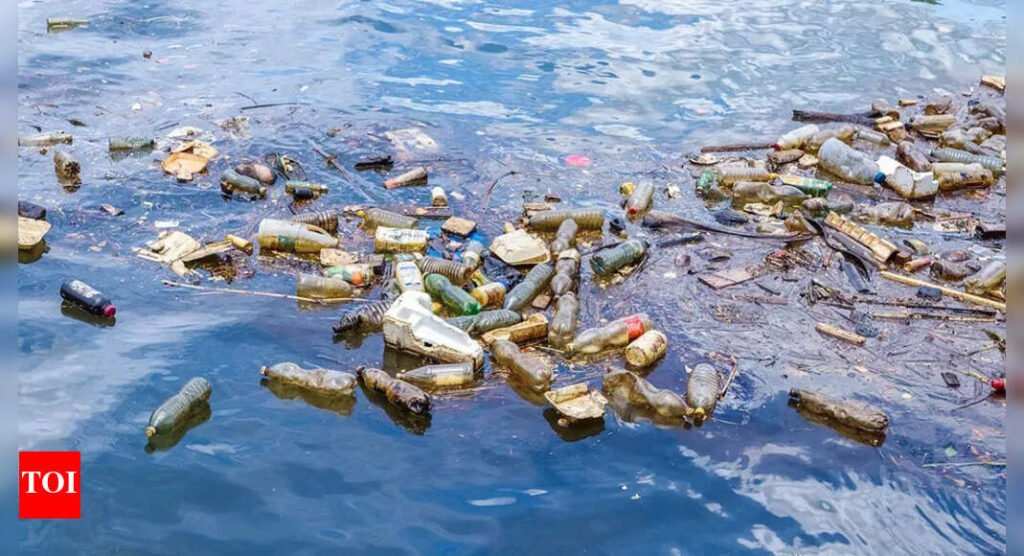
A surprising discovery by German researchers has identified fungi capable of breaking down synthetic plastics, potentially offering a natural solution to one of the planet’s biggest environmental threats. These plastic-eating fungi, found in freshwater habitats, can survive by feeding solely on certain types of plastic. While not a cure-all, scientists believe this could be a valuable tool in efforts to clean up plastic waste choking the world’s oceans. Their ability to digest plastic without additional nutrients sets them apart from other organisms studied for plastic degradation.
How ocean-dwelling fungi could become allies in the plastic pollution crisis
In Lake Stechlin, Germany, scientists at the Leibniz Institute of Freshwater Ecology discovered that several strains of microfungi could grow entirely on synthetic polymers. These fungi were not only surviving, they were thriving, forming biomass without any other carbon source. This adaptation likely emerged in response to the abundance of plastic in aquatic environments.Notably, four of the 18 fungal strains studied showed a strong appetite for polyurethane, a common plastic used in building materials and foams. However, they were less effective against tougher plastics like polyethylene (used in bags and wrappers) and tyre microplastics, which contain metal additives that hinder decomposition.While the idea of deploying these fungi directly into the oceans is appealing, researchers caution that their plastic-degrading enzymes rely heavily on factors like temperature and nutrient availability, making them far more efficient in controlled settings such as wastewater plants or industrial sites than in open seas.
Why fungi aren’t the silver bullet but still matter
Despite their promise, scientists stress that fungi alone won’t solve the global plastic crisis. With plastic production surging to 400 million tonnes annually and only 9% recycled globally, more systemic changes are needed. The fungi’s role may be best suited to complement traditional recycling and waste management, particularly where existing systems fail.Plastic-degrading organisms have long fascinated researchers. Over 400 species of fungi and bacteria have been identified with plastic-eating potential. Other solutions being explored include “self-digesting plastics” embedded with bacterial spores. Yet most of these biological solutions face the same challenges: slow breakdown rates and strict environmental requirements.The discovery adds momentum as global leaders negotiate the first international plastics treaty, with the final phase of talks set for later this year. Experts hope that combining innovations like these fungi with strong policy will turn the tide on plastic pollution before it overwhelms ecosystems entirely.

